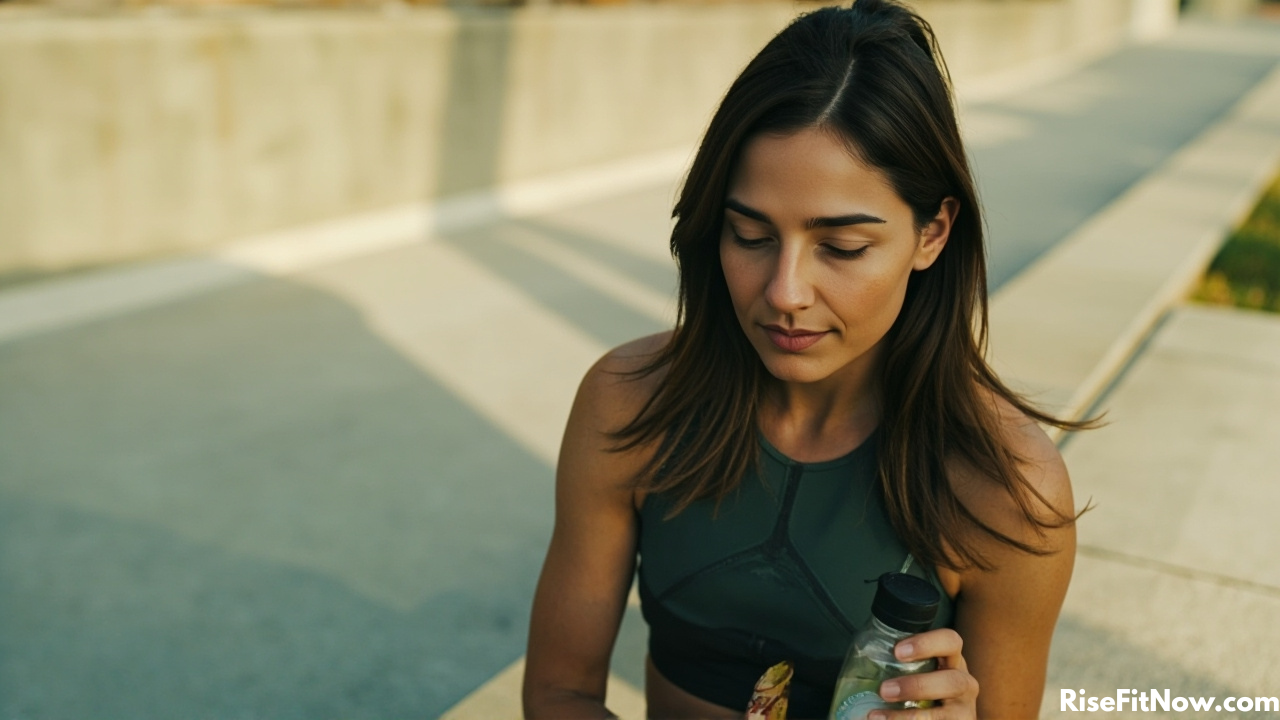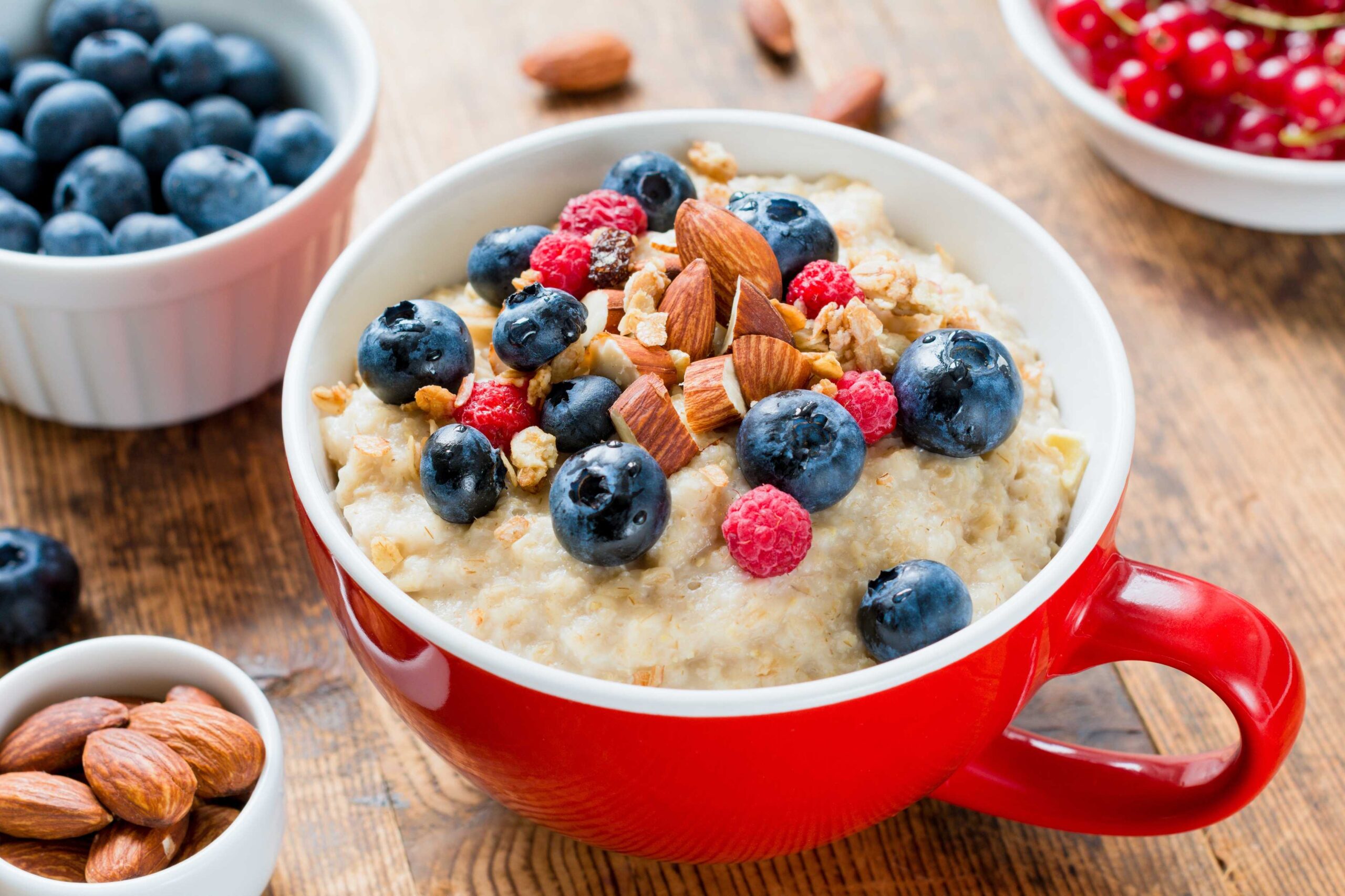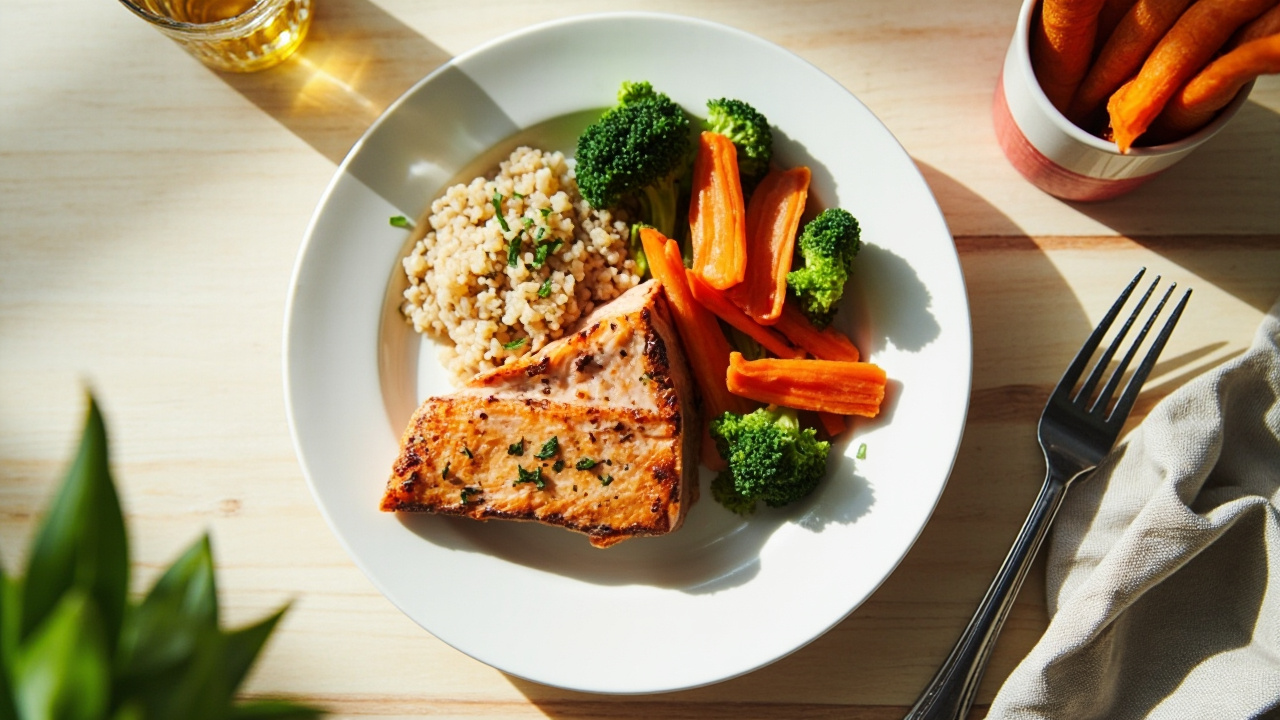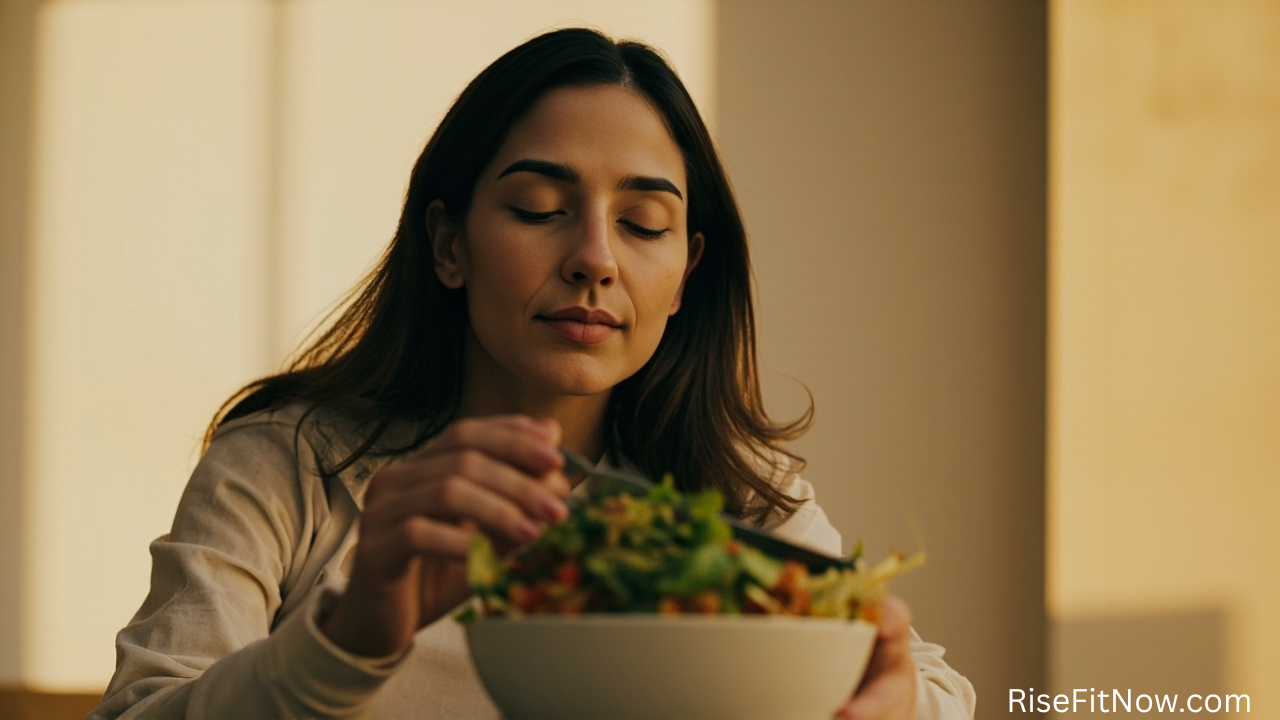Nutrition
Fuel your body the smart way — before, during, and after every session. Consider our well-thought pieces of advice. We invite you to read on!

What to Eat Before, During & After Your Workouts
Fueling your workouts properly is essential for both performance and recovery. Whether you're training for strength, endurance, or overall health, nutrition plays a crucial role in your progress. Let’s break down what to eat at each stage of your training to get the most out of every session.
Before Your Workout
A pre-workout meal or snack should give you sustained energy. Ideally, consume a small meal 1–2 hours before training. Focus on easily digestible carbs and a bit of protein. For example, a banana with almond butter or Greek yogurt with berries can work wonders. Avoid high-fat or high-fiber foods, as they can slow digestion and cause discomfort.
During Your Workout
For most people, water is enough during workouts lasting under an hour. However, if you're training intensely or for longer periods, consider sipping on an electrolyte drink or a small amount of carbs like a sports drink or fruit. This helps maintain energy levels and hydration. Remember, consistency in hydration often beats intensity.
After Your Workout
Recovery starts with your post-workout meal. Aim to eat within 30 to 60 minutes after training. Combine protein and carbs to rebuild muscle and replenish glycogen. A protein shake with a banana, or grilled chicken with quinoa and veggies, are great choices. Don't skip this step — it can dramatically improve how you feel and perform the next day.
Key Takeaways- Eat a light, carb-rich snack 1–2 hours before training.
- Stay hydrated and add electrolytes during long or intense sessions.
- Refuel with protein and carbs within an hour post-workout.
Want to dive deeper into workout nutrition? Explore this in-depth guide by Precision Nutrition — it's one of the best resources out there.
Stay Consistent
There’s no perfect formula — only what works best for you. Try different options, listen to your body, and stay consistent. That’s how you build lasting strength from the inside out.
Next up: Discover easy and healthy post-workout snacks that you can prepare in 5 minutes or less. Head over to our Nutrition page to keep exploring!
Smart Snacking for Active DaysFuel when you need it, not when you're bored.
When you're active, your body needs more than just meals — it needs timely, smart snacks. These mini-meals play a vital role in keeping energy steady, supporting recovery, and avoiding overeating later on.
However, not all snacks are created equal. Choosing wisely can mean the difference between fueling up or dragging down your performance.
Here’s what to aim for:
- Before workouts: A mix of carbs and a little protein. A banana with nut butter or Greek yogurt with berries are excellent picks.
- Post-workout: Prioritize protein and some carbs. For example, a hard-boiled egg and rice cakes, or a smoothie with protein and fruit.
- Midday boost: When you're not training but need focus, go light. Try a handful of nuts, a boiled egg, or some sliced cucumber with hummus.
Moreover, smart snacking isn’t just about nutrients — it’s about intention. Ask yourself: Am I hungry, or just bored?
In fact, staying hydrated can reduce those false hunger signals. So, keep water close, especially during active hours.
Even though snacks are small, their impact is huge.
As a result, tuning into your energy needs makes every session more effective — and every day more balanced.
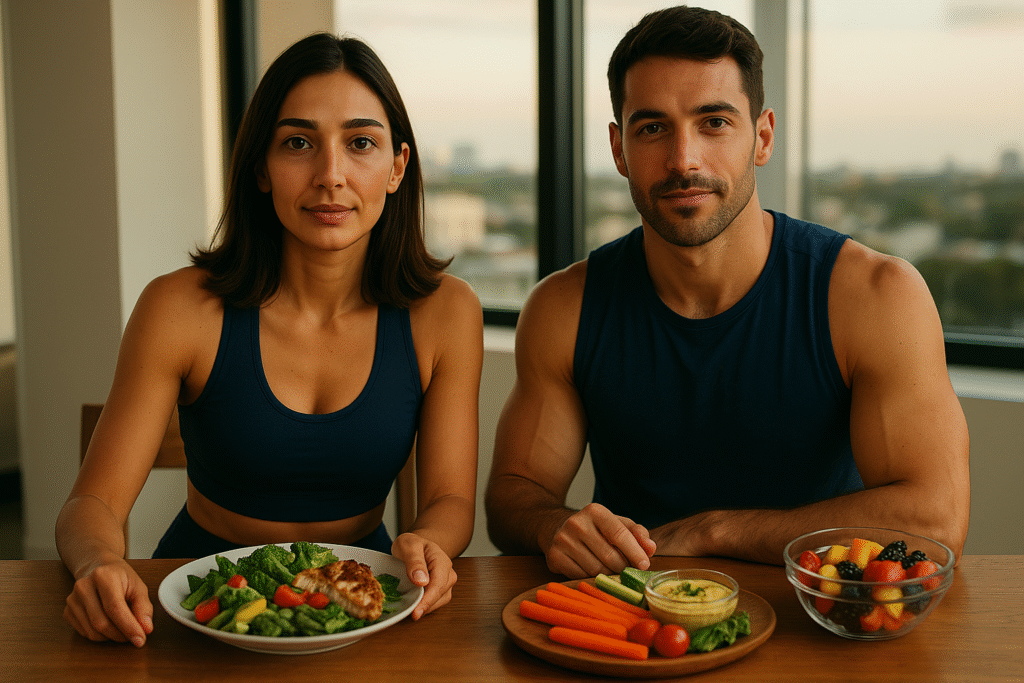

Post-Workout Nutrition: What to Eat After Exercising
What you eat after training matters more than most people think. Your body is in recovery mode, repairing muscle fibers, replenishing energy stores, and adapting to the effort you’ve just put in. That’s why post-workout nutrition is a key component of any effective fitness plan.
Why Post-Workout Nutrition Matters
After physical activity, your muscles are primed to absorb nutrients. Providing the right fuel helps reduce muscle soreness, speed up recovery, and improve overall performance. Without proper nourishment, you risk feeling drained, slow to recover, and even losing muscle mass.
Best Foods for Recovery- Protein: Helps repair and rebuild muscle tissue. Great options include grilled chicken, eggs, Greek yogurt, or a high-quality protein shake.
- Carbohydrates: Replenish glycogen stores depleted during training. Choose brown rice, oats, quinoa, or a banana for a quick carb boost.
- Healthy Fats: Support hormone balance and reduce inflammation. Think avocado slices or a handful of nuts.
Timing Is Everything
Ideally, aim to eat within 30 to 60 minutes post-workout. This window allows your body to absorb nutrients more efficiently. Even something simple like a protein smoothie with a banana can make a big difference.
Hydration Counts Too
Don’t overlook fluids. You’ve likely lost water and electrolytes through sweat, so drink plenty of water or an electrolyte-rich beverage to rehydrate.
Sample Post-Workout Meal
A balanced plate could look like this: grilled salmon, sweet potatoes, and a side of leafy greens. Quick and effective.
Wrap-Up
Recovery is where your progress takes shape. Post-workout nutrition isn’t about perfection—it’s about consistency and intention. When you treat your body right after a workout, it pays you back tenfold.
Read about pre-workout fueling here or explore our quick ab workouts to pair with your nutrition strategy.
Hydration and Fitness: Why Water Isn’t Optional
Staying hydrated is not just a fitness tip — it’s a foundation for peak performance and overall health. Your body needs water to function, especially when you're active.
Why Hydration Matters
Water regulates your body temperature. It helps transport nutrients and removes waste. When you sweat during a workout, you lose essential fluids. If you don’t replace them, your performance and recovery suffer.
Signs You’re Not Drinking Enough
Even mild dehydration can affect your energy and focus. Common signs include dry mouth, headache, dizziness, and dark-colored urine. If you’re feeling off during training, hydration could be the missing link.
How Much Water Do You Really Need?
There’s no one-size-fits-all answer. A general guideline is to drink about 8 cups (2 liters) of water daily. However, athletes often need more. Your needs depend on your body size, activity level, and the climate.
Tips to Stay Hydrated- Start your day with a glass of water.
- Drink consistently throughout the day, not just when you feel thirsty.
- Carry a reusable water bottle and keep it nearby.
- During workouts, sip water regularly.
- After intense training, add electrolytes to support recovery.
Smart Hydration Isn’t Complicated
You don’t need fancy drinks or extreme formulas. Clean, cool water is often enough. Pay attention to your body’s signals and hydrate with intention. Over time, it becomes second nature.
Need more fitness strategies like this? Check out our Motivation & Mental Strength section to support your journey.

How to Eat for Energy Without Overeating

We all want more energy — to train, to work, to be present. However, eating more isn’t always the answer. In fact, the wrong kind of eating can leave you sluggish, distracted, or bloated.
Instead, eating for energy is about quality over quantity. The right foods at the right time can give you fuel that lasts, without the crash.
1. Choose Balanced Meals
To begin with, every meal should include protein, healthy fats, and fiber-rich carbs. This combination slows digestion and gives you stable energy over time.
2. Avoid the Sugar Spike
Rather than reaching for high-sugar snacks, which give you a quick rush followed by a crash, opt for natural sources like fruit paired with nuts or yogurt.
3. Snack Smart
When you need a boost between meals, choose snacks with purpose — like boiled eggs, hummus with veggies, or a banana with peanut butter.
4. Hydrate Often
Keep in mind that fatigue is often dehydration in disguise. Therefore, sip water throughout the day, especially between meals.
5. Listen to Your Body
Importantly, energy isn’t just about calories — it’s also about timing, rest, and how you feel. Learn to notice the difference between hunger, stress, and habit.
“Energy doesn’t come from eating more — it comes from eating with intention.”
Ultimately, fuel wisely. Your body will thank you with better focus, more strength, and steady momentum.
Learn more about smart energy nutrition at Precision Nutrition’s energy guide.
5 Quick Breakfast Fixes That Don’t Spike Your Blood Sugar

Breakfast sets the tone for your entire day. Yet many popular options — like sugary cereals or pastries — can lead to energy crashes by mid-morning.
Instead, go for simple meals that support steady blood sugar and lasting focus. Here are five great choices to get you started:
1. Greek Yogurt with Berries and Chia
This combo is rich in protein, fiber, and antioxidants. It digests slowly and helps prevent spikes and dips in your blood sugar.
2. Scrambled Eggs with Spinach and Avocado
Loaded with healthy fats and protein, this breakfast keeps you full without quick-burning carbs. Add herbs for extra flavor.
3. Overnight Oats with Almond Butter
Prep the night before using oats, unsweetened almond milk, chia seeds, and a spoonful of almond butter. It's hearty and low-GI.
4. Protein Smoothie with Veggies
Blend protein powder with spinach, cucumber, frozen berries, and a dash of cinnamon. It's refreshing and keeps sugar in check.
5. Whole Grain Toast with Cottage Cheese
Choose whole grain bread and top with plain cottage cheese and tomato slices. It’s satisfying, balanced, and easy to digest.
“Start light, eat smart — your brain and body will thank you.”
These small breakfast swaps can make a big impact on your daily energy and focus. Give one a try tomorrow morning!
For more low-glycemic meal ideas, check out Healthline’s low-glycemic guide.
The Truth About Skipping Breakfast (and When It’s Actually Okay)

We’ve heard it for decades: “Breakfast is the most important meal of the day.” But is it really true for everyone, every day?
The answer is nuanced. While breakfast can be a great way to start the day for some, skipping it doesn’t automatically mean you’re doing harm — especially if it fits your body’s rhythm and needs.
When Skipping Breakfast Might Be Okay
If you’re not hungry in the morning, forcing yourself to eat may not serve you. In fact, intermittent fasting (which involves skipping breakfast) has been shown to help with energy, focus, and metabolic flexibility in some individuals.
Additionally, skipping breakfast can feel more natural after a large or late dinner the night before. In such cases, your body might still be processing energy and not need more food just yet.
When Breakfast Matters
On the other hand, if you’re training early, managing blood sugar, or have a physically demanding morning, a solid breakfast is often essential. It helps prevent fatigue, brain fog, and overeating later in the day.
Children, teens, and pregnant individuals also generally benefit from a nourishing morning meal to support development and energy needs.
Finding Your Balance
Pay attention to how you feel on days you eat breakfast versus days you skip it. Your energy levels, mood, and cravings are all clues.
“Listen to your body before listening to the clock.”
There’s no one-size-fits-all answer. The best approach to breakfast is the one that respects your hunger signals, your lifestyle, and your long-term goals.
Learn more from Harvard Health: Is skipping breakfast bad for you?
Light Meals That Support Fitness Without Slowing You Down

Staying active means fueling your body — but not every meal has to be heavy to be satisfying. Especially on training days, lighter meals can support your goals without making you feel sluggish or too full to move.
1. Prioritize Lean Proteins
Choose sources like grilled chicken, baked salmon, tofu, or eggs. These options digest efficiently and help repair and build muscle without weighing you down.
2. Embrace Smart Carbs
Pair proteins with slow-digesting carbohydrates like quinoa, sweet potatoes, or whole grains. These offer long-lasting energy while avoiding blood sugar spikes.
3. Load Up on Vegetables
Fresh or steamed veggies add fiber, hydration, and volume to your meals without excess calories. They also support digestion and recovery.
4. Add Healthy Fats Wisely
A little goes a long way. Avocado slices, olive oil drizzle, or a few nuts provide satiety and support joint and brain health.
5. Keep Portions in Check
Aim to feel nourished, not stuffed. Eating just enough helps you stay energized for the rest of your day or your next training session.
“Light meals, strong results — fuel with intention, not excess.”
Ultimately, it’s not just about eating less — it’s about eating smarter. Choose meals that work with your body, not against it.
For more fitness-friendly nutrition ideas, visit EatRight.org’s Fitness Nutrition section.
She Eats with Purpose: Dara Jane’s Approach to Food and Focus

Not every meal is about macros or fuel. Sometimes, it’s about grounding yourself. For Dara Jane, eating is a form of presence — a way to reconnect with her purpose.
She doesn’t rush her meals. She pauses. Breathes. Listens to what her body truly needs, not what the world demands of her.
What Fuels Her Focus- Whole foods: Fresh vegetables, grains, and lean proteins make up most of her plate.
- Hydration: Herbal tea, lemon water, or simply sipping throughout the day.
- Balance over restriction: Dara doesn’t fear carbs or fats — she embraces balance.
She believes food should be nourishing, not punishing. And in a world that often demands more, her stillness is strength.
“I don’t eat to be seen. I eat to stay strong — inside and out.”
Maybe your next meal isn’t just about nutrients. Maybe it’s about returning to yourself, one bite at a time.
Explore mindful eating practices at Mindful.org’s guide to eating with awareness.

